Nasa gives green light for Lockheed Martin deep space module
Both 'virtual and augmented reality' will be used to build a full-size prototype for the space habitat
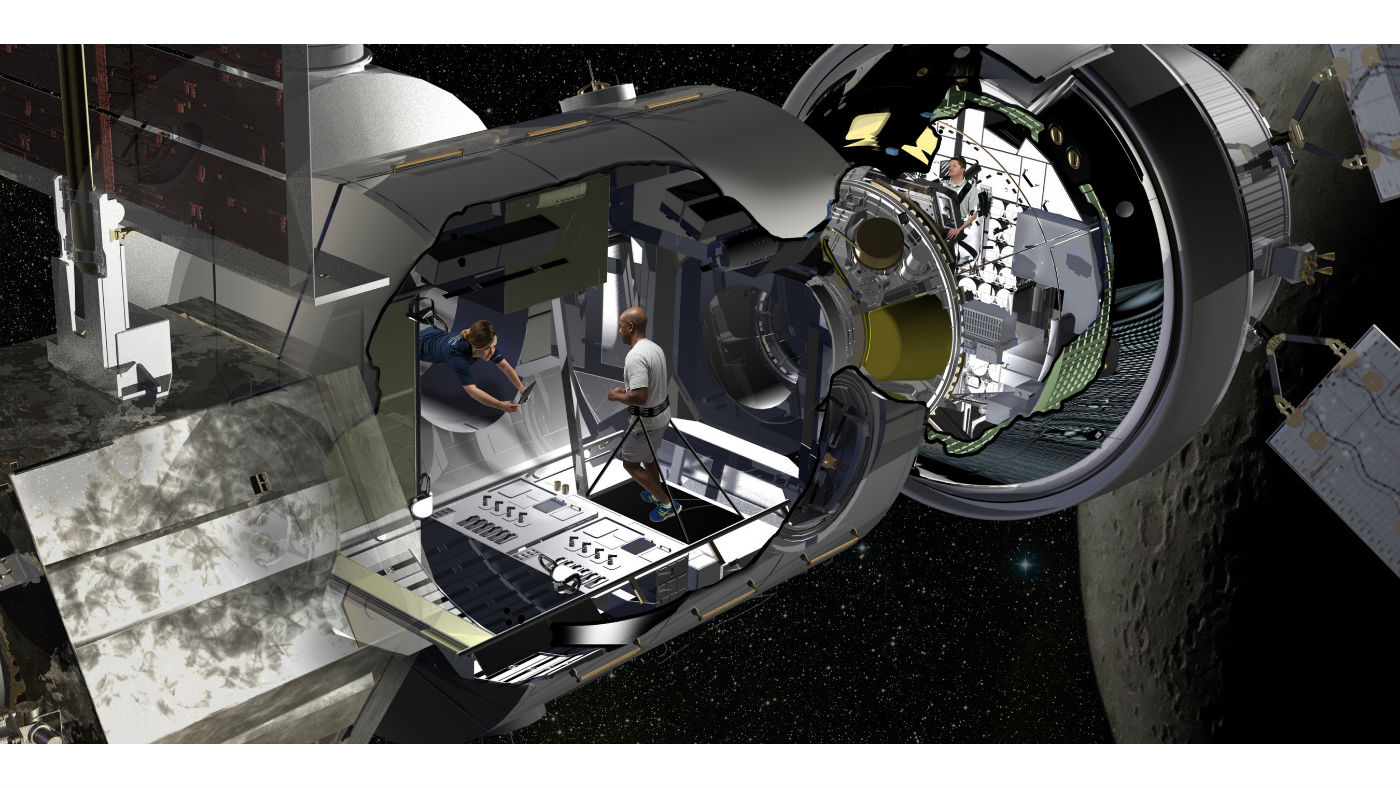
A free daily email with the biggest news stories of the day – and the best features from TheWeek.com
You are now subscribed
Your newsletter sign-up was successful
American aerospace firm Lockheed Martin has been given the green light to build a full-size prototype of its deep space module concept for the Nasa NextStep programme, reports Engadget.
The company will build the deep space station by refurbishing an old container that was used by space shuttles to transfer cargo to the ISS, says the website. Designers will use "a mixture of virtual and augmented reality" to create the prototype.
Lockheed Martin's NextStep programme manager, Bill Pratt, said: "We are excited to work with Nasa to repurpose a historic piece of flight hardware, originally designed for low Earth orbit exploration, to play a role in humanity's push into deep space."
The Week
Escape your echo chamber. Get the facts behind the news, plus analysis from multiple perspectives.

Sign up for The Week's Free Newsletters
From our morning news briefing to a weekly Good News Newsletter, get the best of The Week delivered directly to your inbox.
From our morning news briefing to a weekly Good News Newsletter, get the best of The Week delivered directly to your inbox.
The Nasa-run programme, which originated in 2016, looks to place a space station just beyond the moon - significantly further away than the International Space Station that orbits Earth.
Pratt said the habitat will be "uninhabited for several months at a time" and therefore needs to be "rugged, reliable and have the robotic capabilities to operate autonomously".
It will also boast living quarters that have enough space to support spacefarers' missions that could last months, or even years, says Engadget.
The habitat will take 18 months to build, but the site says it won't be immediately trialled in orbit. Instead, Nasa plans to test the deep space module at the Kennedy Space Centre in Florida - which has seen multiple rocket and shuttle launches over the past 50 years.
A free daily email with the biggest news stories of the day – and the best features from TheWeek.com
Nasa's yet-to-be-released Orion spacecraft will be used to travel between Earth and the deep space module. It is expected that the spacecraft will dock with the habitat as a stop-off, before taking astronauts on a possible Mars mission.
-
 Bonfire of the Murdochs: an ‘utterly gripping’ book
Bonfire of the Murdochs: an ‘utterly gripping’ bookThe Week Recommends Gabriel Sherman examines Rupert Murdoch’s ‘war of succession’ over his media empire
-
 Gwen John: Strange Beauties – a ‘superb’ retrospective
Gwen John: Strange Beauties – a ‘superb’ retrospectiveThe Week Recommends ‘Daunting’ show at the National Museum Cardiff plunges viewers into the Welsh artist’s ‘spiritual, austere existence’
-
 Should the EU and UK join Trump’s board of peace?
Should the EU and UK join Trump’s board of peace?Today's Big Question After rushing to praise the initiative European leaders are now alarmed
-
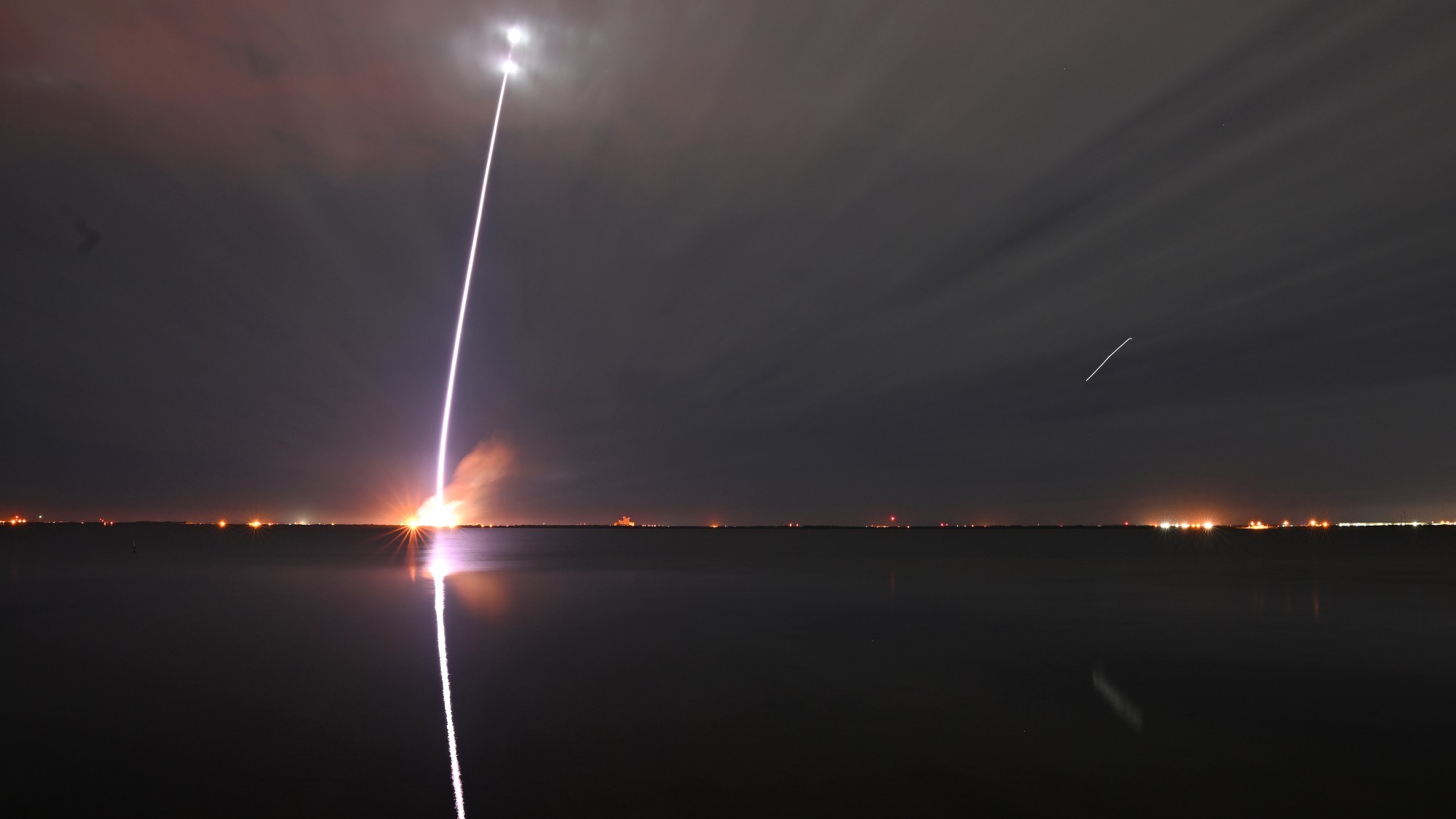 Jeff Bezos, Elon Musk and the billionaire space race
Jeff Bezos, Elon Musk and the billionaire space raceThe Explainer Tesla CEO and Amazon founder vie for dominance of satellite launch market and could influence Nasa plans to return to Moon
-
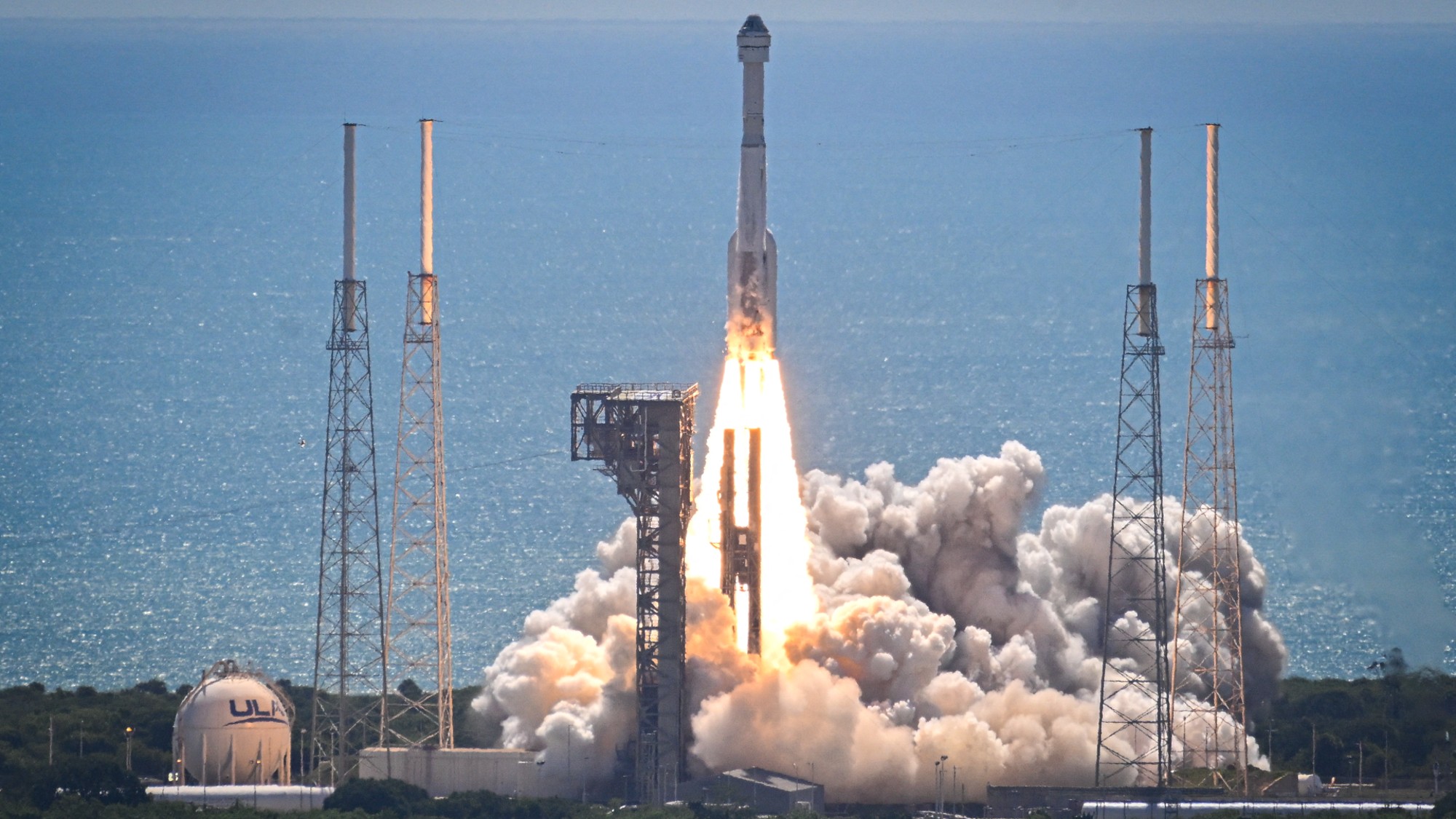 Starliner: What went wrong?
Starliner: What went wrong?Today's Big Question Boeing spacecraft has had a 'long, difficult road'
-
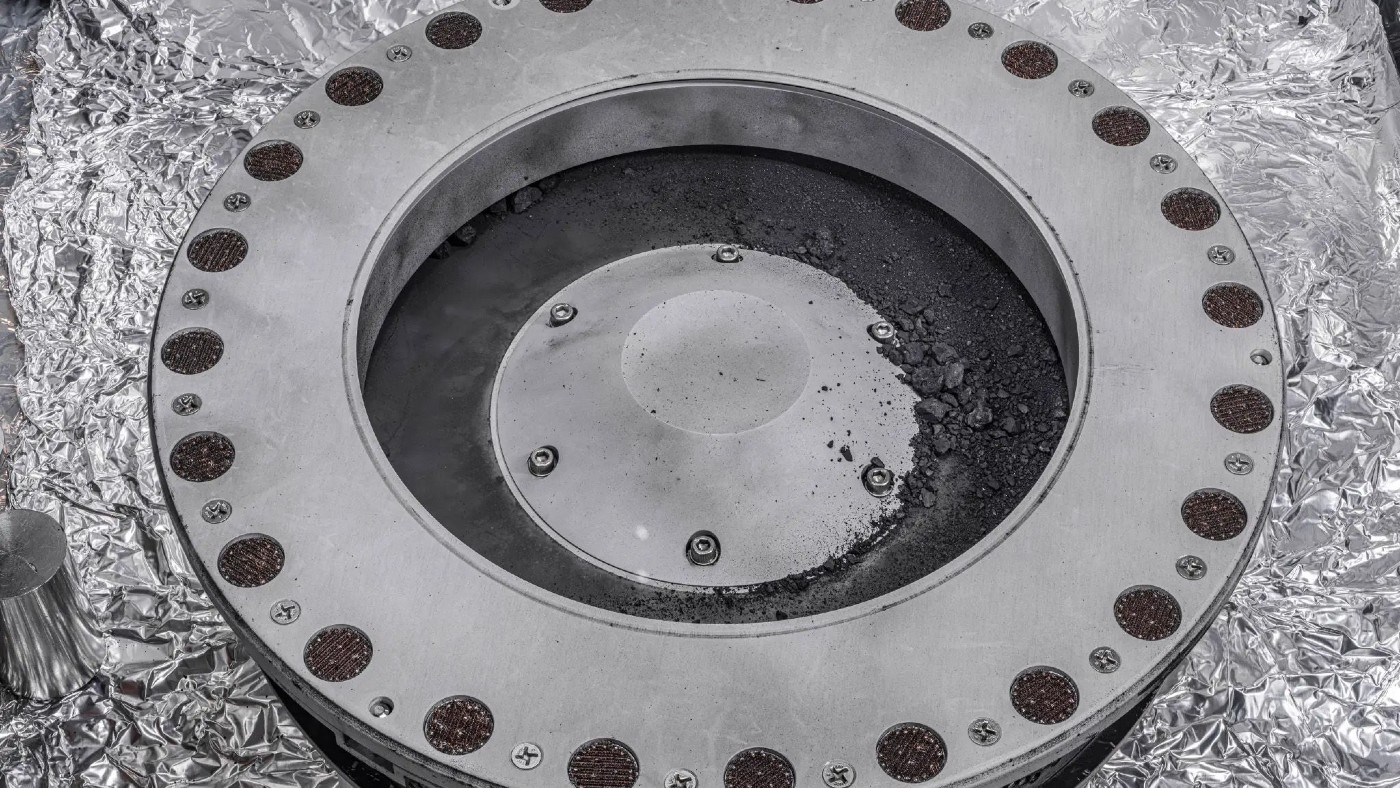 Nasa reveals first findings from asteroid that could explain origins of life
Nasa reveals first findings from asteroid that could explain origins of lifeSpeed Read Sample from Bennu has been found to contain an abundance of water and carbon
-
 Dark side of the Moon: will the race to lunar South Pole spark conflict?
Dark side of the Moon: will the race to lunar South Pole spark conflict?Today's Big Question Russia and India are competing for the ‘new lunar gold’ – but real contest will be between the US and China
-
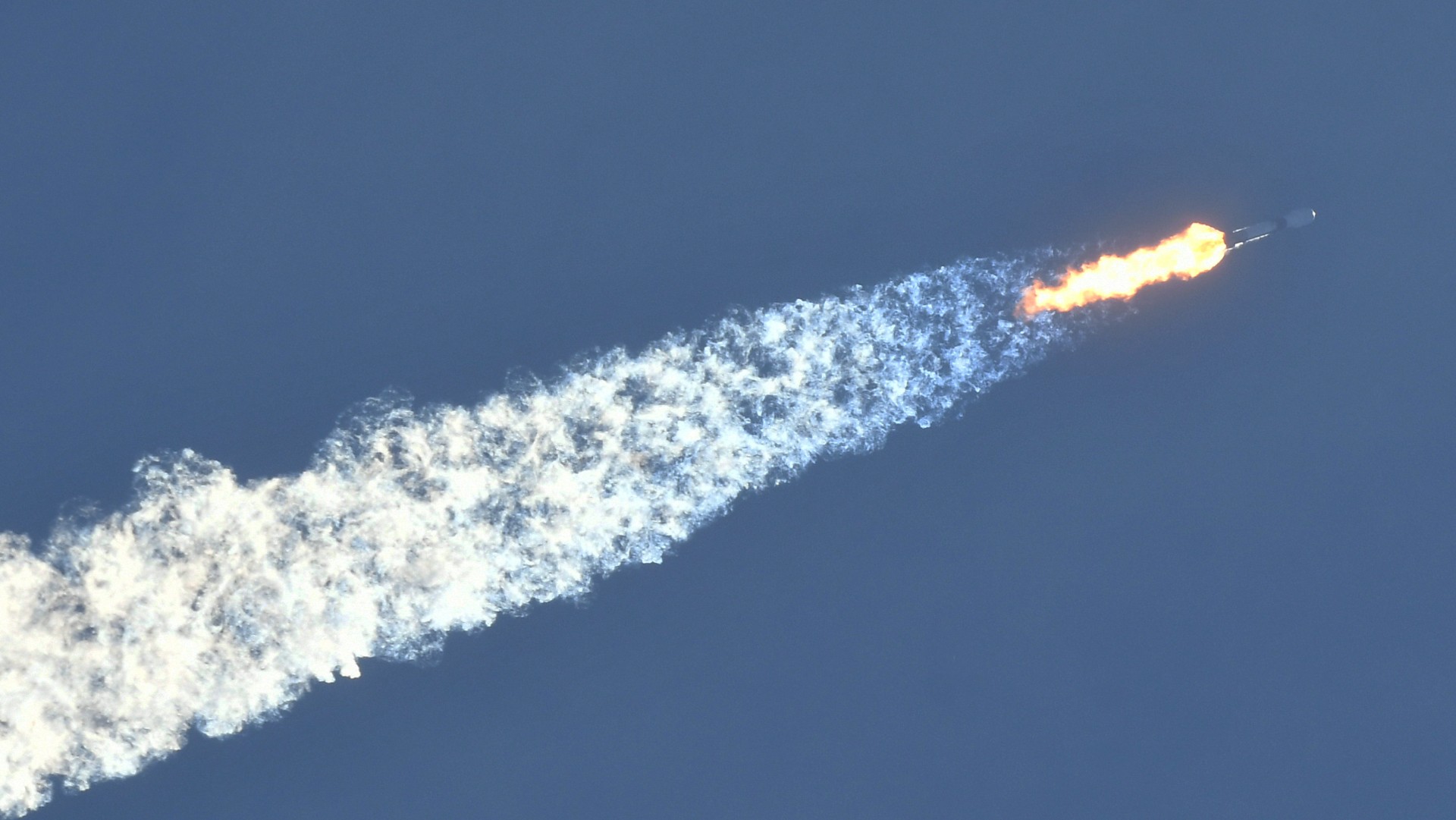 How worried we should be about space debris
How worried we should be about space debrisfeature As part of a rocket washes up in Australia scientists warn ‘critical mass’ of orbital junk could only be decades away
-
 How cybercriminals are hacking into the heart of the US economy
How cybercriminals are hacking into the heart of the US economySpeed Read Ransomware attacks have become a global epidemic, with more than $18.6bn paid in ransoms in 2020
-
 Language-learning apps speak the right lingo for UK subscribers
Language-learning apps speak the right lingo for UK subscribersSpeed Read Locked-down Brits turn to online lessons as a new hobby and way to upskill
-
 Brexit-hobbled Britain ‘still tech powerhouse of Europe’
Brexit-hobbled Britain ‘still tech powerhouse of Europe’Speed Read New research shows that UK start-ups have won more funding than France and Germany combined over past year